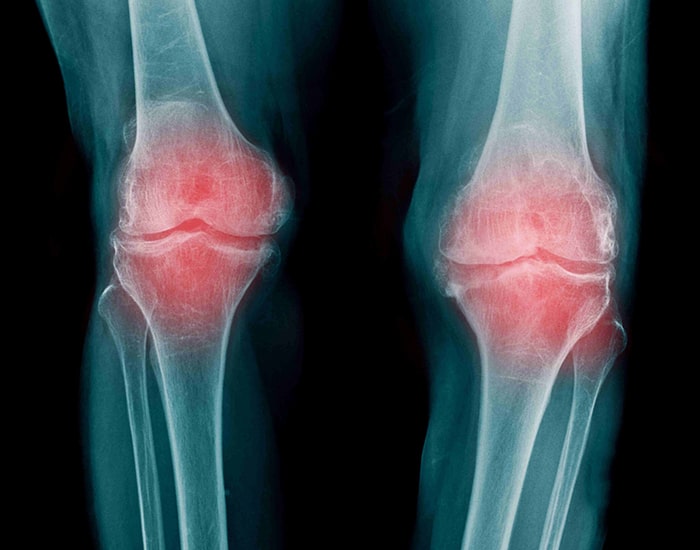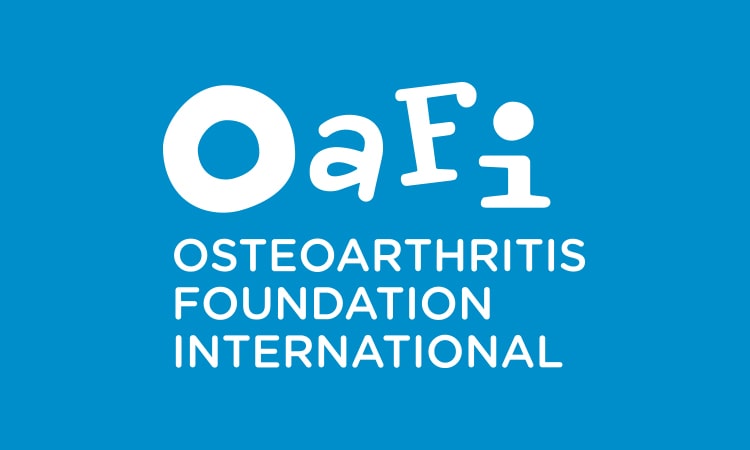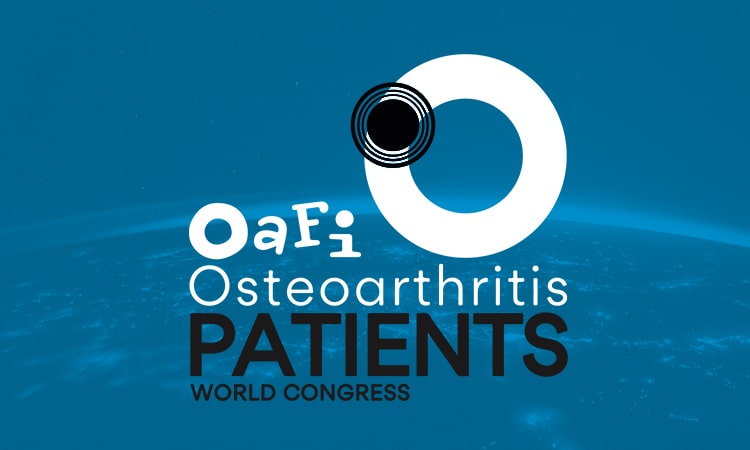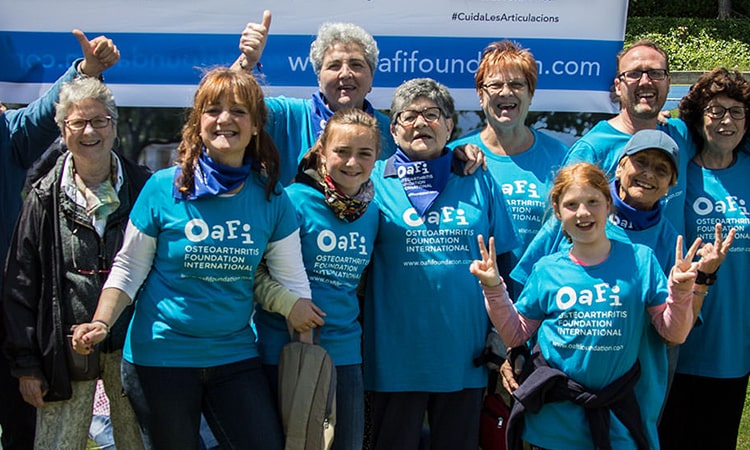- Foundation
- Actions
- Osteoarthritis
- Actuality
- OAFI Radio/TV
- Get Involved
- Contact
OAFI
Osteoarthritis International FoundationC/ Tuset, 19 · 3º 2ª
08006 Barcelona
(+34) 931 594 015
info@oafifoundation.comSchedule:
Monday-Thursday 9AM-6PM
Friday 8AM-3PM
-

-

-

Osteoarthritis, a serious disease

Dr. Josep Vergés, President and CEO of the Osteoarthritis Foundation International (OAFI)
It is considered a disease associated with old age and with very little glamour, if any disease has glamour at all. However, osteoarthritis is a very complex pathology that affects both older people and other at-risk groups. Especially post-menopausal women, sportsmen and women and also young people. It affects more than 242 million people worldwide and is a figure that continues to grow due to increased life expectancy, but also to poor eating habits, obesity, sedentary lifestyle and uncontrolled sport.
Not only does it cause pain, but it is also associated with other pathologies such as diabetes, cardiovascular diseases, hypertension and others. A bad evolution of osteoarthritis can lead to a lack of mobility and disability, making patients unable to carry out everyday tasks. In addition, people with osteoarthritis, especially women, are more at risk of suffering from other pathologies, such as anxiety or depression than those who do not suffer from it [EMARTRO study].
In this context, the Osteoarthritis Research Society International (OARSI) has asked the American Medicines Agency (FDA) to consider osteoarthritis as a serious disease through the white paper: Osteoarthritis, a serious disease [OARSI white paper. Osteoarthritis: A serious disease].
There are currently drugs available to treat osteoarthritis symptomatically. Analgesics and NSAIDs are recommended against pain, although they can present toxicity problems and SYSADOAS (Chondroitin Sulfate, Glucosamine, Intra-articular Hyaluronic Acid) which have been shown to be effective at a symptomatic level and above all very safe, providing therapeutical advantages.
However, according to the OARSI document, there are no drugs approved that can prevent, stop or slow the progression of OA. There is no proven remedy to prevent the need for surgical replacement of the osteoarthritis-affected knee that is the ultimate solution for millions of people worldwide.
There is an urgent need for clinical studies with new or existing agents that can intervene in the pathophysiology and progression of osteoarthritis. FDA consideration of osteoarthritis as a serious condition would mean faster approval processes for a drug that “provides a significant advantage over available therapies and demonstrates that its clinical benefit could occur before irreversible morbidity or mortality or is reasonably likely to predict clinical benefit at an intermediate clinical endpoint”
There is an urgent need for clinical studies with new or existing agents that may be involved in the pathophysiology and progression of osteoarthritis. FDA consideration of osteoarthritis as a serious condition would mean faster approval processes for a drug that “provides a significant advantage over available therapies and demonstrates that its clinical benefit could occur before irreversible morbidity or mortality or is reasonably likely to predict clinical benefit at an intermediate clinical endpoint” [FDA Guidance for Industry Expedited Programs for Serious Conditions, 2014].
The term serious illness has been defined by the FDA as “a disease or condition associated with morbidity that has a substantial impact on daily functioning. Short-lived, self-limiting morbidity is usually sufficient, but morbidity need not be irreversible if it is persistent or recurrent. Whether a disease or condition is severe is a matter of clinical judgment, based on the impact it has on factors such as survival, daily functioning or the likelihood that the disease, if left untreated, will progress from less severe to more severe.”
In this sense, we at the Osteoarthritis Foundation International (OAFI) also consider osteoarthritis to be a serious disease and, moreover, the greatest challenge for healthcare systems worldwide in the 21st century.
We are committed, through our projects for knowledge and prevention of the disease, as well as our innovation and development projects and also by leading the International Osteoarthritis Task Force (OA Task Force) together with the Arthritis Foundation in the United States, to carry out actions that improve the quality of life of patients with osteoarthritis and to make the health system more sustainable.
Categories :






















[…] Osteoarthritis (a joint disease that often affects middle-aged and elderly people) […]